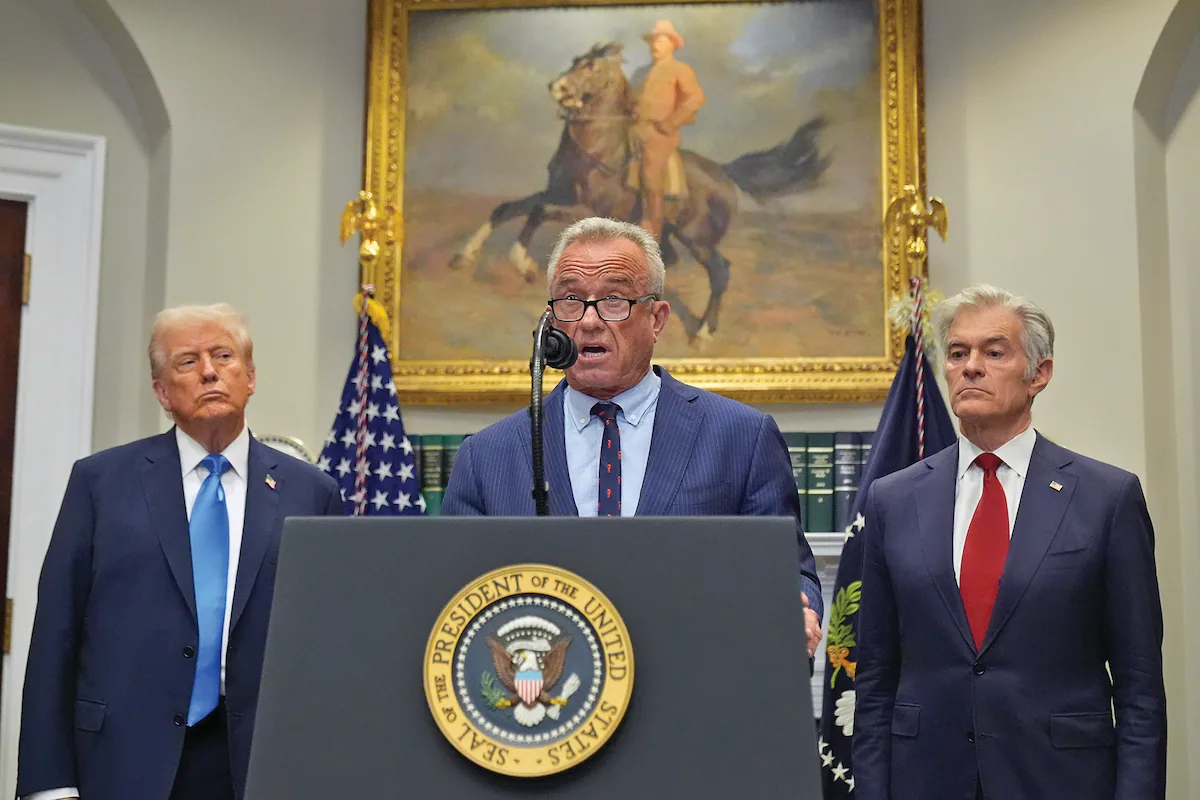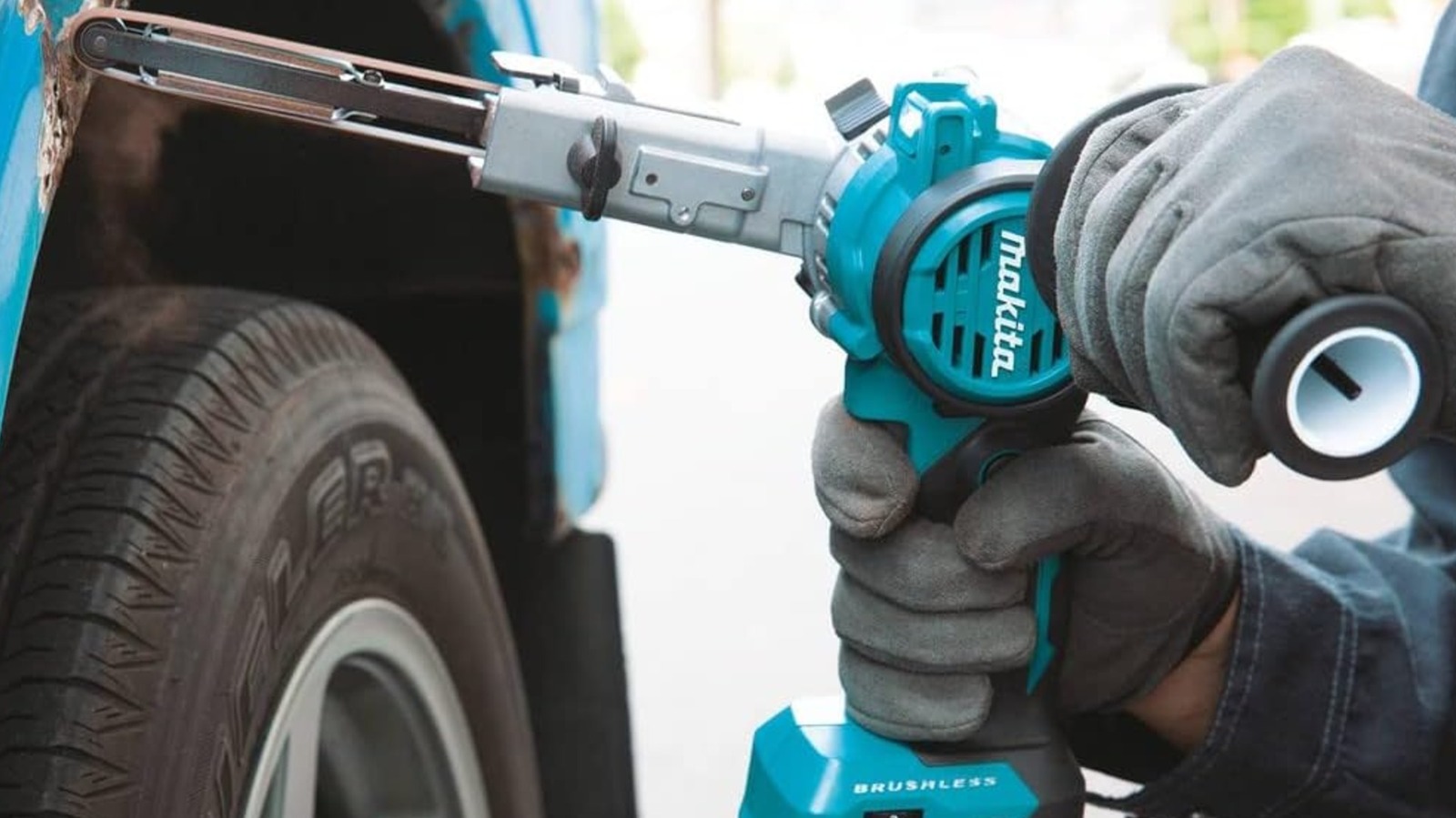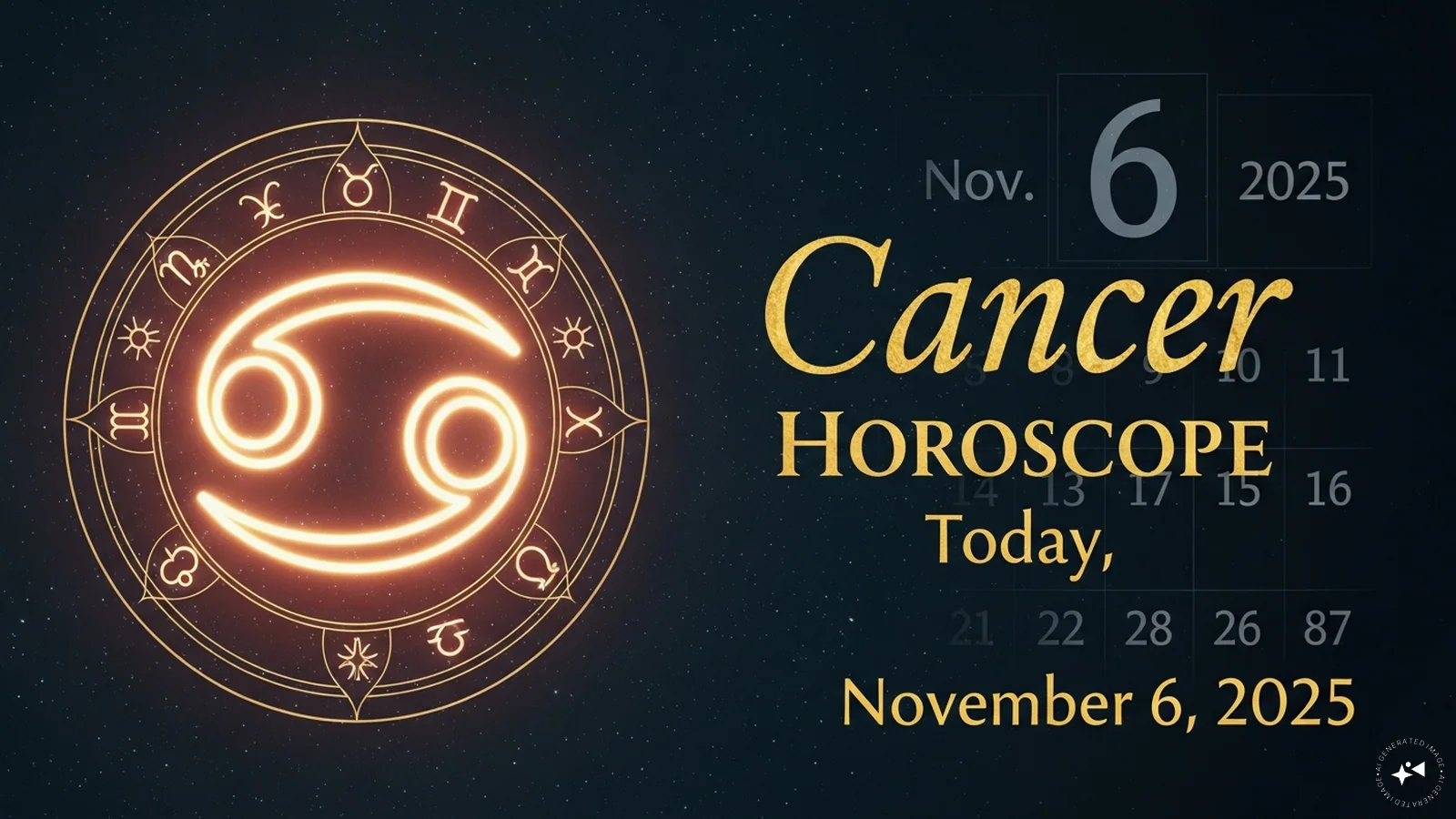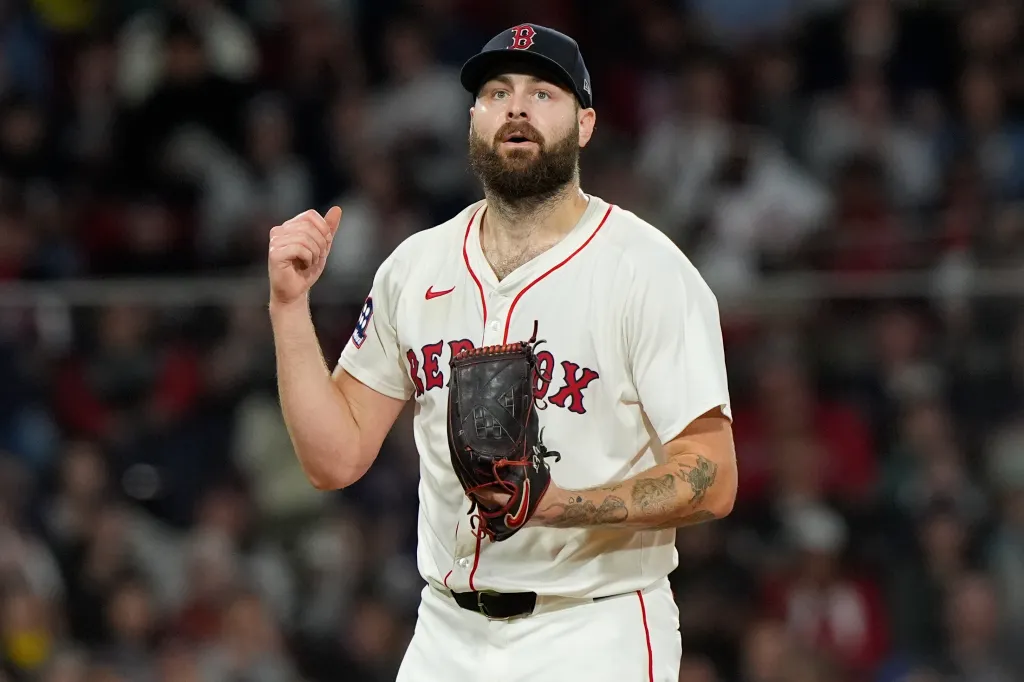Copyright Salt Lake Tribune

Recently, I snapped at my best friend for being 10 minutes late — atypical behavior for me. I hadn’t realized how dire my mood was: It recalled earlier periods of depression, when this state was my base line. For me, that condition feels like a realm devoid of pleasure, with constant looming dread. Usually, my antidepressants keep this desolation at bay. If that mood had persisted for weeks, I would have considered tweaking them. Health Secretary Robert F. Kennedy, Jr. would probably consider me “addicted” to Prozac and Wellbutrin, which I have now taken for years. But talk therapy didn’t work for these symptoms for me, and in my late teens and early 20s, I tried to fill the void with cocaine and heroin. I don’t want to go back there. That’s why it’s critical to stand up to figures like Mr. Kennedy, who have shamed people for taking psychiatric medications or GLP-1 drugs for weight loss, even as they glorify other pharmaceuticals, like testosterone and psychedelics. Their view suggests that health conditions like obesity and mental illness are weaknesses rather than medical disorders. It is not more virtuous to recover via talk therapy and “hard work” than it is to get better with medication. But the moralization of health has created the idea that forgoing medication is somehow more honorable. Mr. Kennedy said last year that the popularity of new GLP-1 drugs for obesity is evidence that Americans are “so stupid and so addicted to drugs.” Like many who share this perspective, he has boasted about his own discipline in terms of diet and exercise. Certainly, those who put in the effort to stay healthy deserve praise. That, however, does not make those who get slim without help morally superior. Many of us know someone who never exercises, eats whatever they want and stays thin. Those people don’t undermine the efforts of frequent exercisers; they simply remind us that humans have different genes and histories. This is relevant to the debate over medications that ease mental anguish. Many claim that antidepressants anesthetize pain necessary for emotional growth. Certainly, some people do find that these drugs deaden their emotions. But for those of us whose emotions start at full volume, turning them down allows us to react to things more appropriately. I don’t need to cry over every horror in the news. I’m not cheating anyone by suffering less. In my case, turning down my emotional volume moves me toward health, not away from it. For others, the opposite is true. If an antidepressant makes you feel numb, or worse, you may need a different treatment. The same drug that is poison to you could be a panacea to me and a placebo for someone else. Demonizing some substances and anointing others obscures reality. This holds true for other medications. For example, many young women are opting out of the birth control pill, influenced by social media discussions of side effects and messaging about how the medication is “unnatural.” Natural doesn’t necessarily mean good, however — dying in childbirth is natural, too. Medication shaming is perhaps most dangerous when applied to treatment for opioid use disorder. In the age of fentanyl, this addiction is the deadliest condition in psychiatry. The only treatment proven to reduce overdose deaths by half or more is ongoing use of the addiction medications methadone or buprenorphine. Sadly, less than 20 percent of people who could benefit from those drugs receive them. That’s in part because of opposition from treatment providers who support the 12-step program or Narcotics Anonymous, which traditionally considers people who take those drugs as not “clean” or “in recovery.” Ultimately the issue is a societal confusion between addiction and dependence. Addiction is compulsive drug use despite harm. Dependence is just needing something to function. When we mix these up, I can indeed seem like an antidepressant addict and people on buprenorphine or methadone get viewed that way, too — even when the drugs have radically improved our ability to function. It is better to minimize dependence on medications when possible. For people no longer benefiting, more support is needed to help them taper off. Both overmedication and undermedication can do harm, and the only way to ensure that everyone remains healthy is to accept complexity and individualized care, not swing too far one way or the other. Dependence that improves lives shouldn’t be stigmatized. A need for medication doesn’t indicate laziness or immorality. Many aspects of health care today are shameful and worthy of critique. Using psychiatric medications that work for you isn’t one of them.



